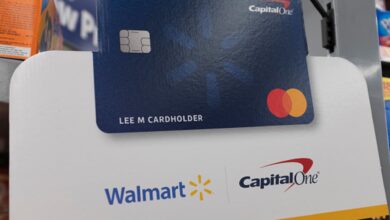Questions to ask a home loan lender

The process of buying a home can be overwhelming, especially if it’s your first time navigating the world of mortgages and loans. To ensure a smoother experience, it’s crucial to ask your home loan lender the right questions. By having a list of inquiries prepared, you can gain a better understanding of the options available to you and the ins and outs of the application process.
One of the first things you should inquire about is the types of mortgages the lender offers. Understanding the different options available to you, such as conventional loans with flexible terms or government-backed loans like FHA, USDA, or VA mortgages, can help you make an informed decision about which loan is best suited for your needs.
It’s also important to ask about any special programs or products that the lender may offer, especially if you fall into a specific category such as a first-time homebuyer or have a low income. These programs could potentially help make the home-buying process more affordable and accessible to you.
When applying for a mortgage, be sure to submit all required documents promptly to avoid any delays in the processing of your application. Typical documents include recent pay stubs, income tax returns, W-2 forms, and, if you’re self-employed, business tax returns or profit and loss statements.
Timing is crucial in a competitive housing market, so it’s essential to ask the lender about the timeline for the application and approval process. Understanding how long it will take and how you can stay informed about the status of your application can help you plan accordingly.
Down payments are another important aspect to consider when getting a mortgage. While a 20% down payment can help you avoid private mortgage insurance on conventional loans, many lenders offer options for lower down payments, such as 3% for conventional loans and 3.5% for FHA loans. VA and USDA mortgages don’t have down payment requirements, but it’s essential to understand that a lower down payment means borrowing more money, leading to higher interest and fees.
Inquire about any down payment assistance programs that the lender may offer, or ask for guidance on national or local programs that you may qualify for. These programs can come in the form of grants, forgivable loans, or deferred loans, and they can help make homeownership more attainable for you.
Understanding the fees associated with a mortgage is crucial, so be sure to ask about the interest rate and annual percentage rate (APR) that you can expect. The APR is a more accurate measure of the total cost of borrowing since it includes the interest rate along with lender fees or discount points.
Closing costs are another significant expense to consider when purchasing a home, typically ranging from 2% to 5% of your loan amount. Be sure to ask for a breakdown of these costs and inquire about ways to lower them, such as negotiating with the lender to waive certain fees or applying for lender credits.
Finally, ask about the closing process and how long it will take. Understanding the documents needed for closing and the overall timeline can help ensure a smooth and efficient closing process. By asking these essential questions and being prepared with the necessary documentation, you can navigate the home-buying process with confidence and ease.





